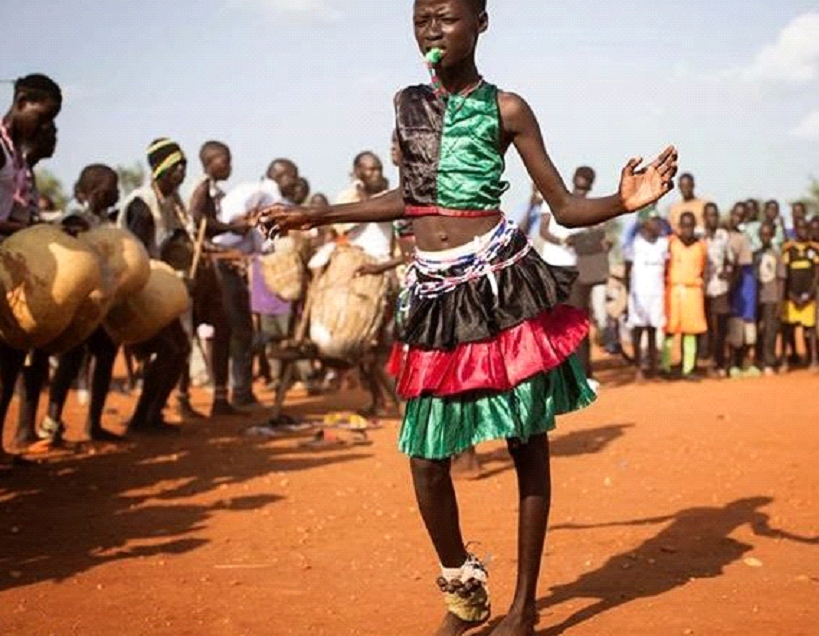There are around 30,000 individuals living in Uganda who belong to the Basamia tribe, making this Ugandan ethnic group one of the country’s most diminutive ones. They are most common in the eastern region of the nation, namely in the districts of Tororo and Busia, which are located close to the border with Kenya.
.

The Basamia people are mostly farmers, cultivating crops like maize, beans, and cassava and keeping animals such as cows, goats, and sheep. Their primary source of income comes from agriculture. They also participate in activities like fishing and small-scale trading, and they sell the results of these activities at local marketplaces.
Clans were the traditional unit of social organization for the Basamia people, and each clan had its own headman, also known as a chief. These leaders were instrumental in mediating disagreements both within their own clan and those that arose between other clans. In addition, they served as go-betweens between the people of Basamia and the local authorities, such as the colonial authority and, subsequently, the Ugandan government.
Traditional songs, dances, and tales have been told in the Basamia language from one generation to the next, making up an important part of the Basamia people’s cultural history. In addition, they feel a deep connection to the land where their ancestors once lived, which, in their view, is holy and must be honored and preserved.
The Basamia people have a long history of adhering to a religious doctrine known as animism, which is characterized by the belief that all objects in nature possess either spirits or souls. They also believe in a supreme being or creator, who they call Wamala or Mukama. They speak to this being in the third person.
In recent years, the people of Basamia have been confronted with a variety of issues, some of which include poverty, a lack of access to education and healthcare, and the possibility of being displaced from the land that they have traditionally called home. Several young individuals in the region have relocated to bigger towns and cities in quest of employment possibilities that are seen to be of higher quality.
Notwithstanding the difficulties they face, the Basamia people have not lost their sense of pride in their cultural heritage and continue to observe their customs and traditions via a variety of festivals and other cultural activities. They also make an effort to keep their culture, including their language and their traditions, alive by teaching it to newer generations.